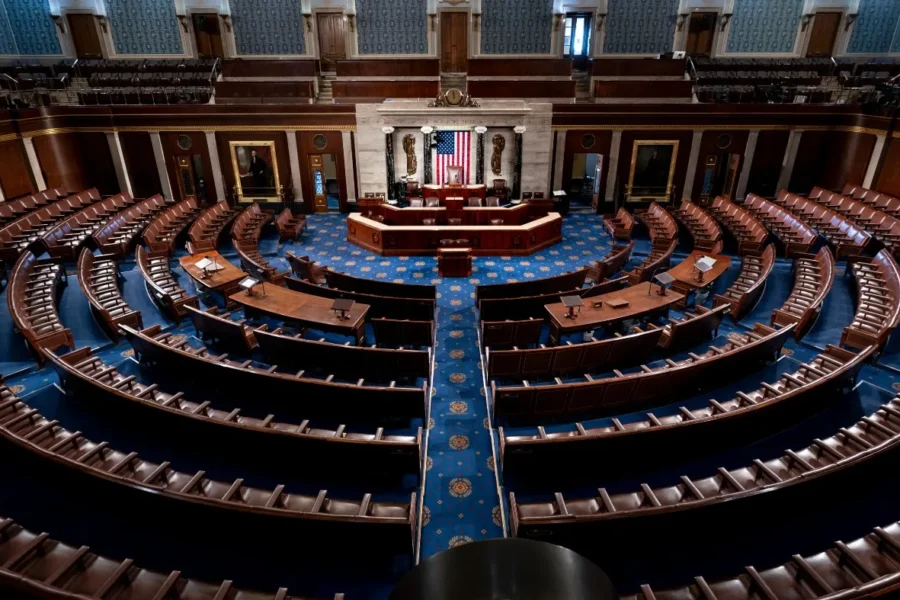The Alabama Supreme Court released two decisions today holding that the Alabama state “chemical endangerment” statute protects an unborn child without regard to the stage of pregnancy. Ex parte Ankrom; Ex parte Kimbrough. The decisions mean that the “chemical endangerment” statute can be used in Alabama to criminally prosecute women who take drugs while pregnant. Alabama joins South Carolina now in allowing the criminal prosecution of women for drug abuse under the state’s chemical endangerment statute. (§ 26-15-3.2 of the Ala. Code)
The two cases involve two women who took drugs while pregnant and were convicted under the state’s chemical endangerment statute. The statute prohibits “caus[ing] or permit[ting] a child to be exposed to, to ingest or inhale, or to have contact with a controlled substance…..” In one case, the infant died 19 minutes after birth. The women appealed their convictions to the Alabama Court of Criminal Appeals, which affirmed the convictions and held that the statute applied to unborn children that were viable.
The Court of Criminal Appeals referred to and adopted the conclusion of the South Carolina Supreme Court in Whitner v. State, 328 S.C. 1, 492 S.E.2d 777 (1997), which applied that state’s “chemical endangerment” statute to a viable unborn child. The U.S. Supreme Court declined to hear an appeal from the Whitner decision. Whitner v. South Carolina, 523 U.S. 1145 (1998).
The women appealed to the Alabama Supreme Court which affirmed the Alabama Court of Criminal Appeals’ holding that the statute applied to unborn children. But the Alabama Supreme Court also eliminated the viability limit which the court of criminal appeals adopted, holding that the “chemical endangerment” statute protected a child at any stage of pregnancy from prenatal chemical endangerment.
A year before the chemical endangerment statute was enacted in 1975, the Alabama Supreme Court had interpreted the term ‘minor child’ in Alabama’s wrongful-death statute to include a viable unborn child who received prenatal injuries causing death before a live birth. Eich v. Town of Gulf Shores, 293 Ala. 95, 300 So. 2d 354 (1974).
Last year, the Alabama Supreme Court rejected a viability limit in the state’s wrongful death statute, holding that a wrongful death action could be brought for the death of an unborn child at any time of pregnancy. Hamilton v. Scott, 97 So. 3d 728 (Ala. 2012).
The Alabama Supreme Court in today’s decisions declined to address arguments that the application of the chemical endangerment statute to an unborn child was unconstitutional under either the Alabama state constitution or the U.S. constitution. Those arguments could be heard in future cases or considered by the legislature.
Since the two decisions involve interpretations of a state statute, the Alabama legislature could amend the law, if legislators supported a different policy, and the Alabama Supreme Court expressly noted that it would not address public policy issues, beyond the legal interpretation of the statute, and would leave policy considerations to the legislature. Two justices dissented.




